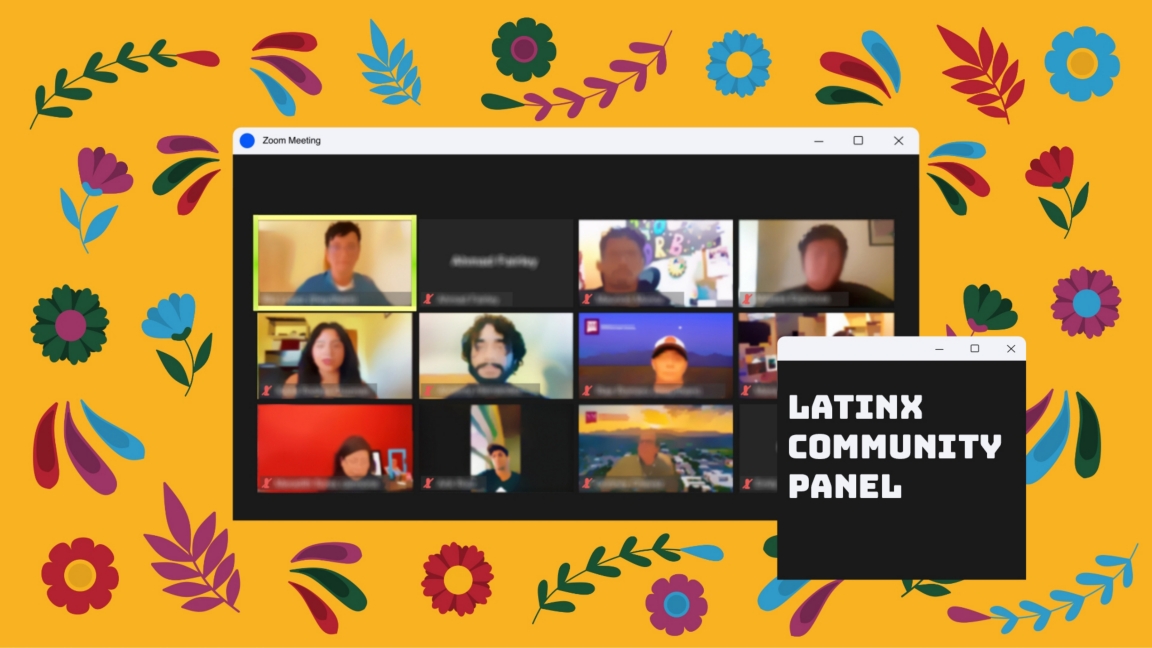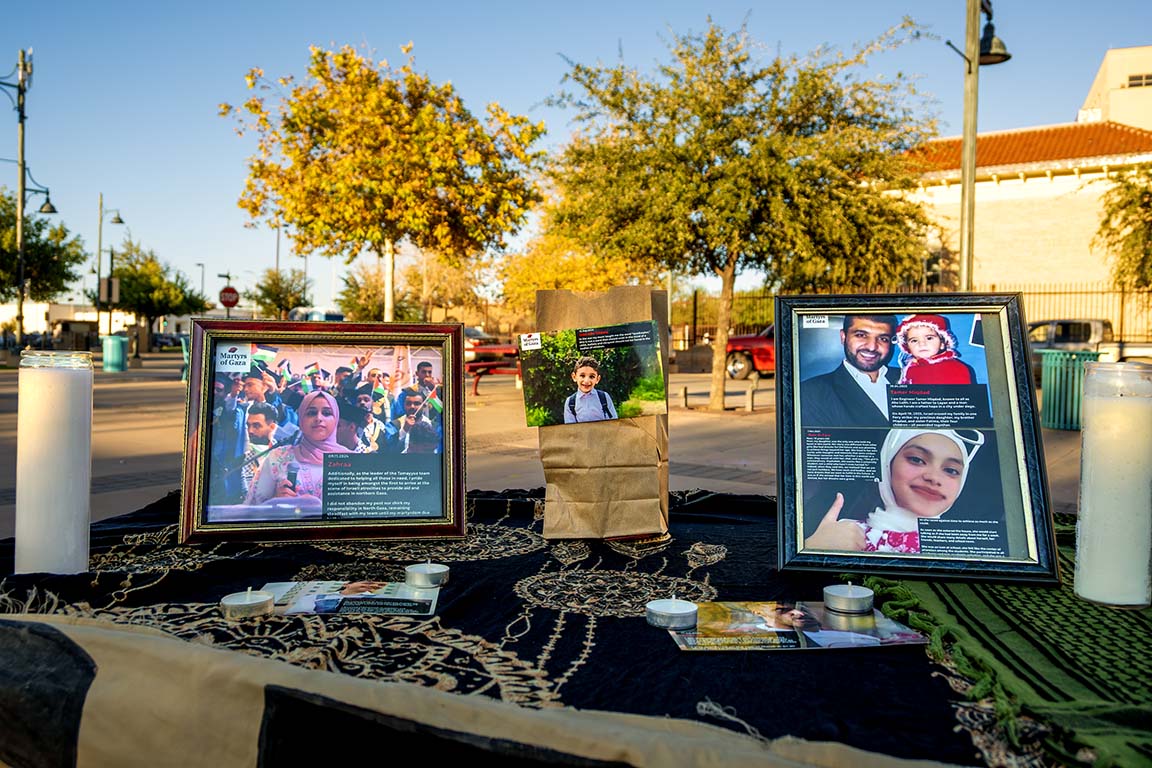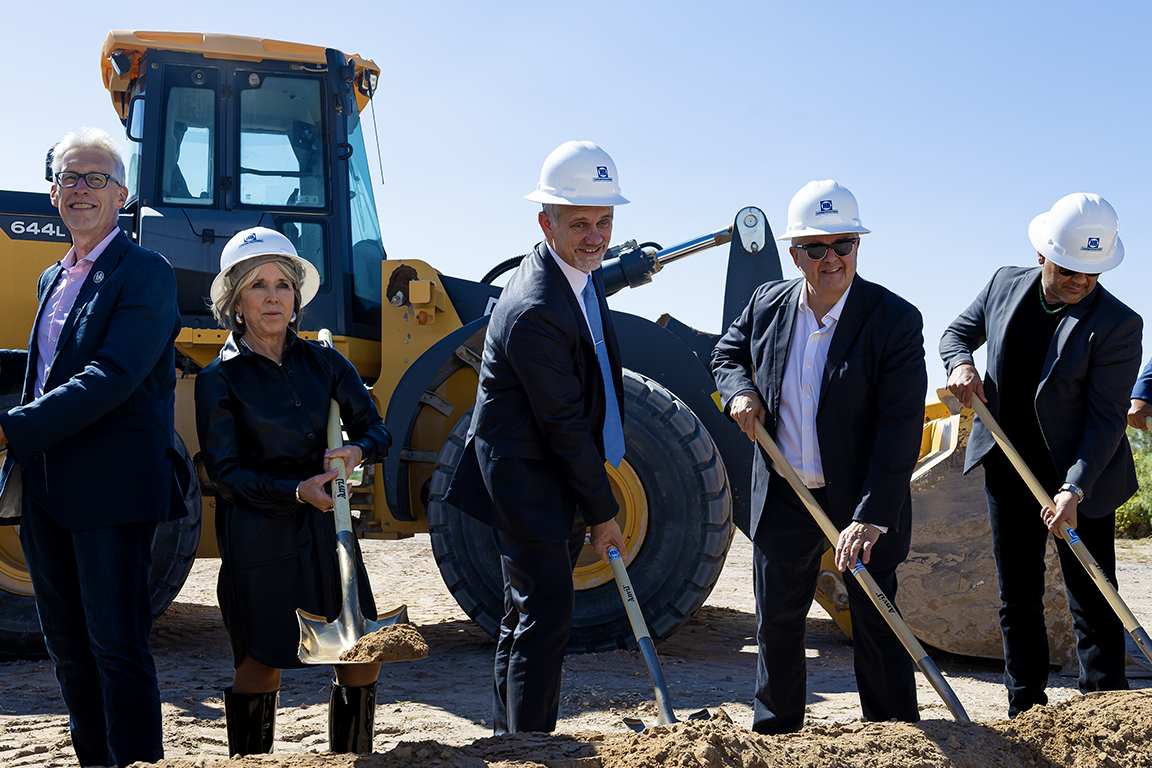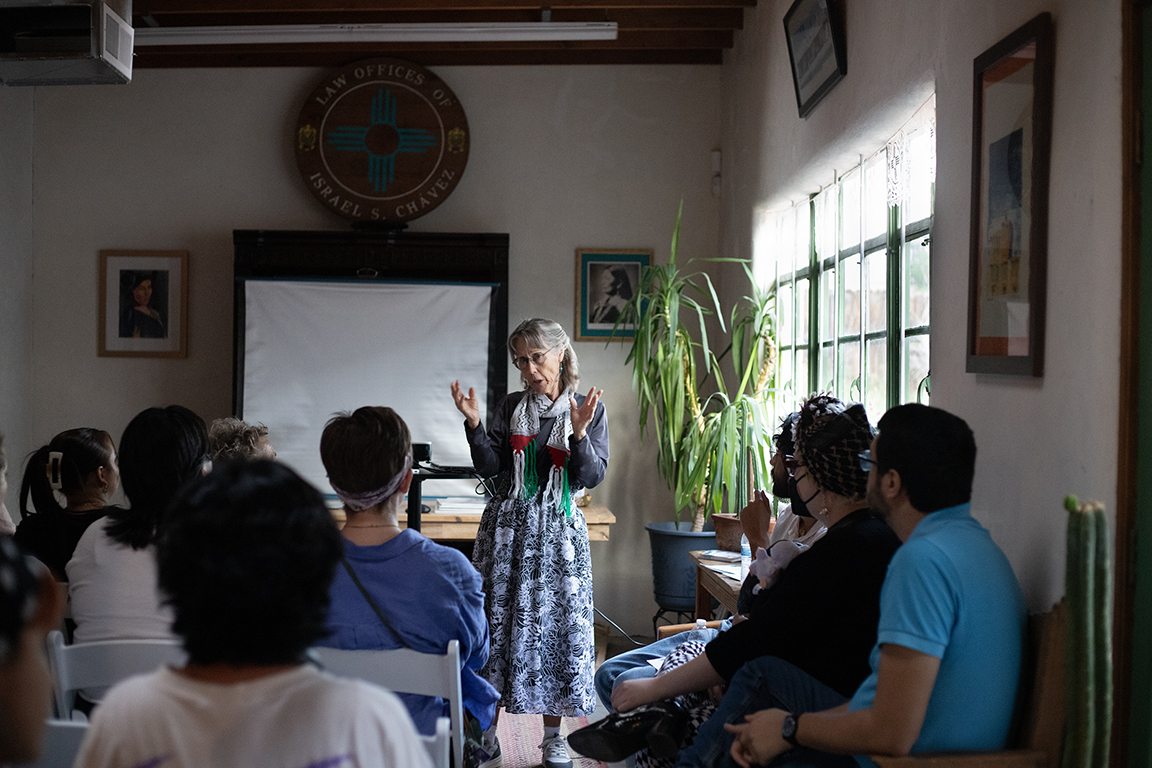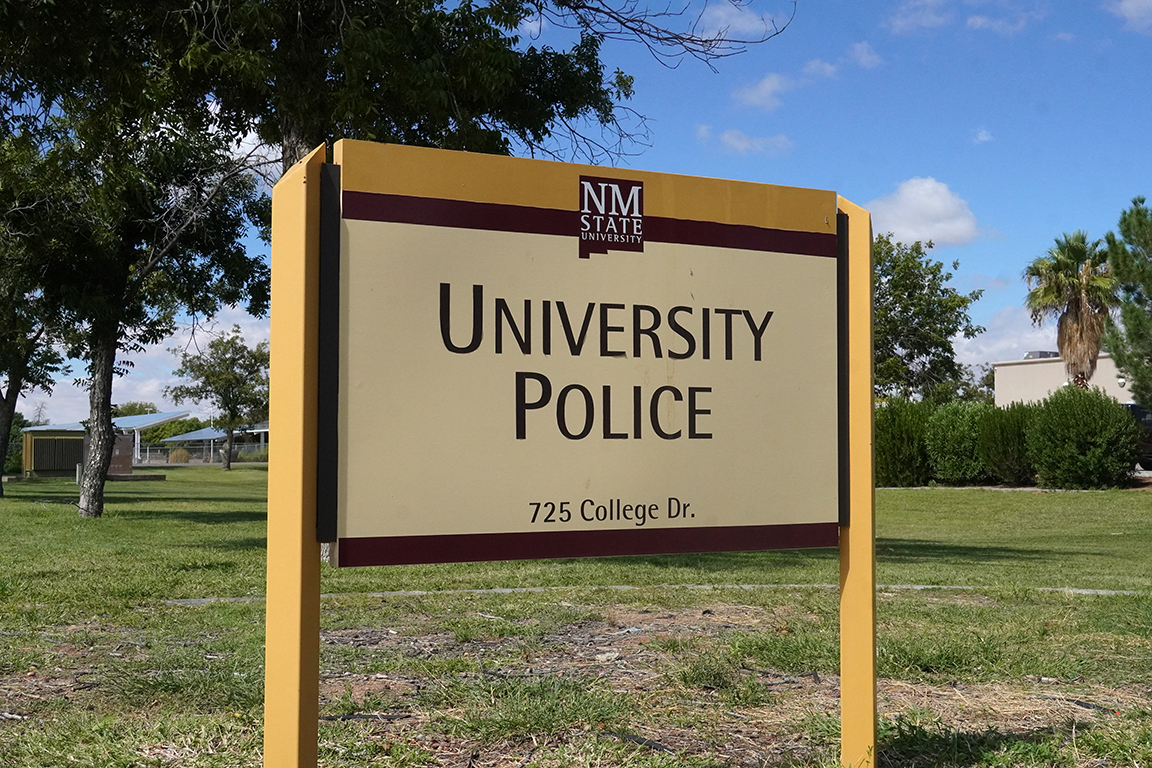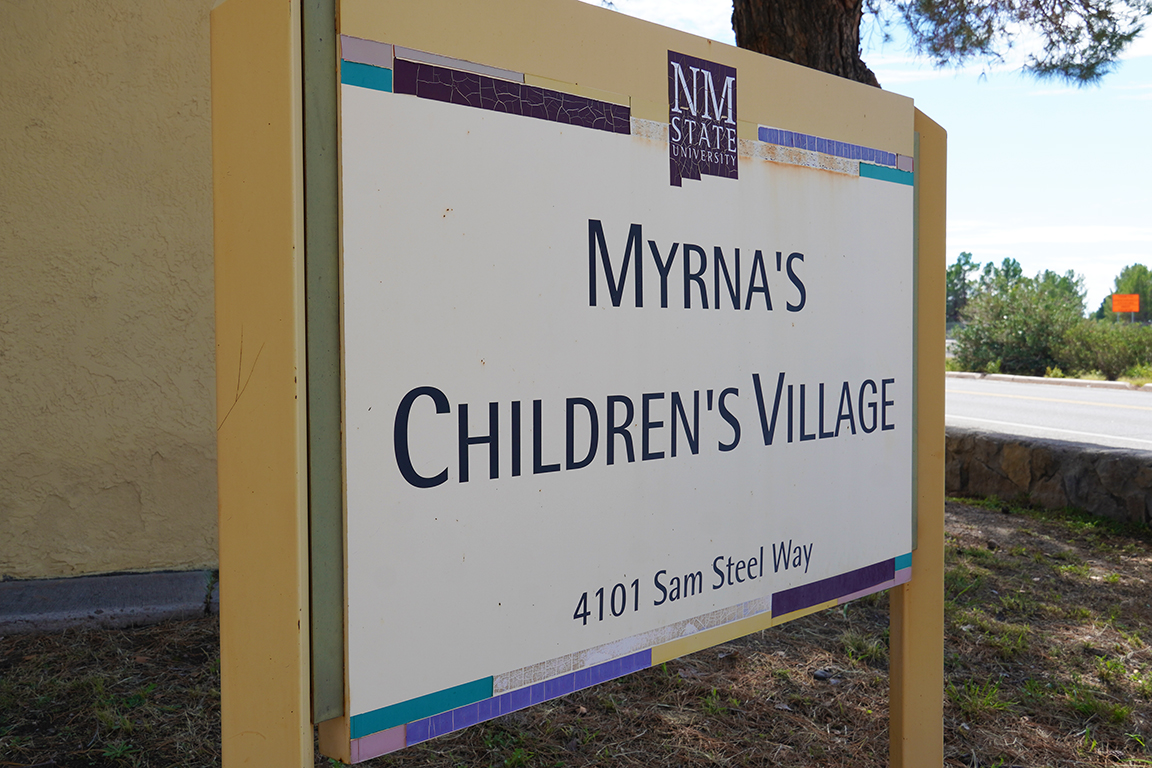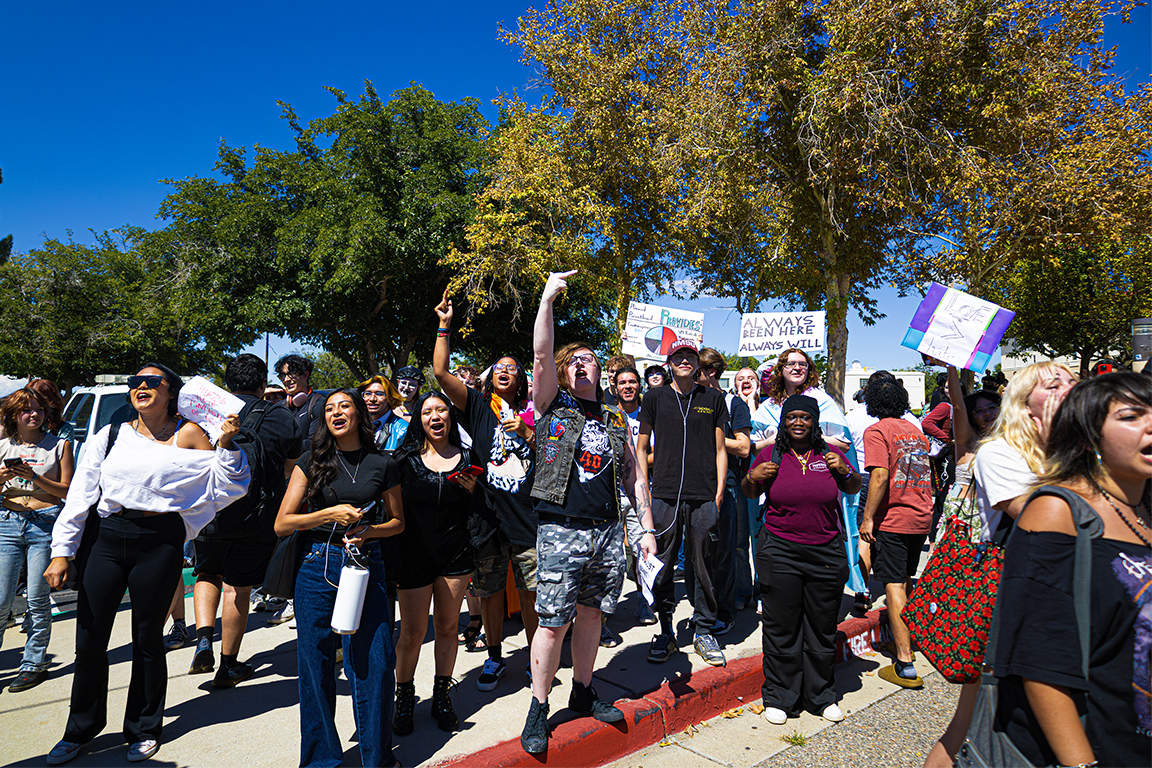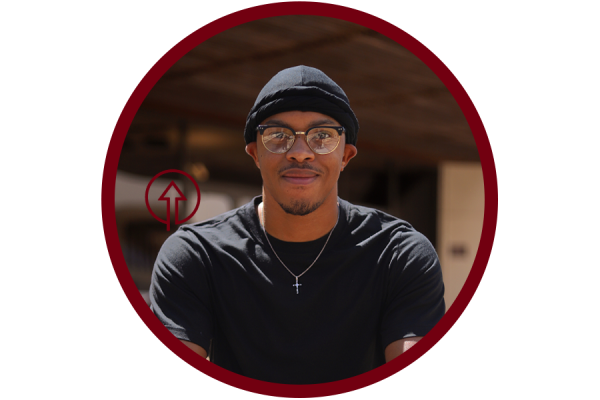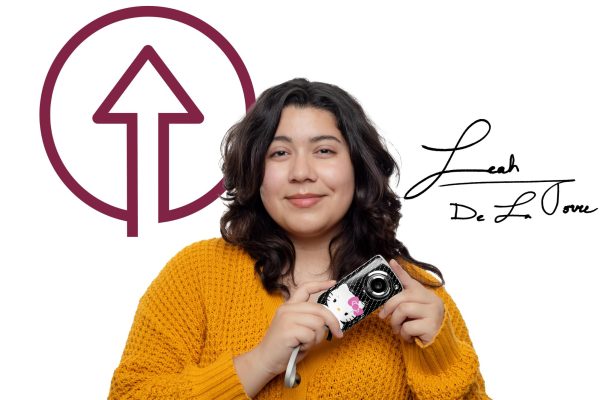New Mexico State University is a melting pot of cultures, making it a vibrant place and community. Every year, Latinx and Hispanic Heritage Month is celebrated on campus, highlighting the richness of the culture that resides there. The Latinx community, comprising of students, faculty, and staff, is vital to the university’s environment and culture. A panel discussion was held to delve into the lives of individuals within this vivacious community.
Rio Lopez, director of Chicano Programs, hosted this Latinx Community Zoom panel on Oct. 3, 2023, to promote advocacy, share experience, and create visibility.
One key theme that emerged was the importance of Latinx Heritage Month. Student Melissa Espinoza recognized it as a time for cultural celebration and visibility.
“I do have beef with it being a month,” Espinoza said. “Because you have to fit in so many different cultures, and there’s so much richness [to these cultures], and we’re all trying to fit it into one month.”
This acknowledgment goes beyond just celebration; it also raises awareness about the challenges faced by the community and provides a platform for Latinx students and allies to support and empower one another.
The panelists praised the leadership roles undertaken by Latinx students and student organizations like the Latin American Council (LAC). President Karla Robles Guzman is at the forefront of advocating for more intersectional practices beyond the typical representations of Latinx culture. Her commitment to social justice encompasses colorism, anti-blackness, colonialism, and homophobia.
Guzman expressed her thoughts on the Chicano programs during Latinx Heritage Month.
“I really feel like the Chicano programs really did a perfect job of kind of encompassing what I think Latinx Heritage Month should be about, the advancement of our community,” Guzman said.
Latinx faculty and staff, including professor Dae Romero, are on the front lines regarding inclusive education. However, challenges do persist. Romero highlighted the importance of faculty and staff from diverse backgrounds to create a supportive environment where all Latinx students can excel. The need for representation also extends to the curriculum, as students want to see their lived experiences reflected in their study materials.
Romero additionally expressed concerns about representation and inclusivity within the academic environment.
“One of my biggest things or philosophies when it comes down to education is really just being as transparent as I possibly can be,” Romero said. “And I know that it can cause resistance within students just because of how I identify.”
Furthermore, the Latinx community has been organizing events, such as celebrations and other outreach programs, to encourage student participation. During this period, the Latinx and Chicano Programs hosted events and activities to educate, promote awareness, and foster a sense of unity among students, staff, and community members.
Mauricio Muñoz, vice president of the Latin American Council, highlighted the recent success of a Columbia-themed event.
“We just recently had our Columbia [event] last week exactly from today,” Muñoz said. “It was a great turnout, and that is what I love. Having all these new students know about these programs, organizations, and events.”
In addition to the organized events, Espinoza discussed a unique project meant to amplify voices in the Latinx community. The project involves creating a zine—a self-published collection of fiction, essays, or poetry, to provide a platform for marginalized voices to share their experiences and concerns.
Espinoza expressed the importance of supporting students in creative expression and making a space for marginalized voices within the university community.
“I think we believe as students we don’t have any impact, or we shouldn’t have any say in larger institutional issues,” Espinoza stated. “But I’m hoping that this theme can get the conversation started.”


